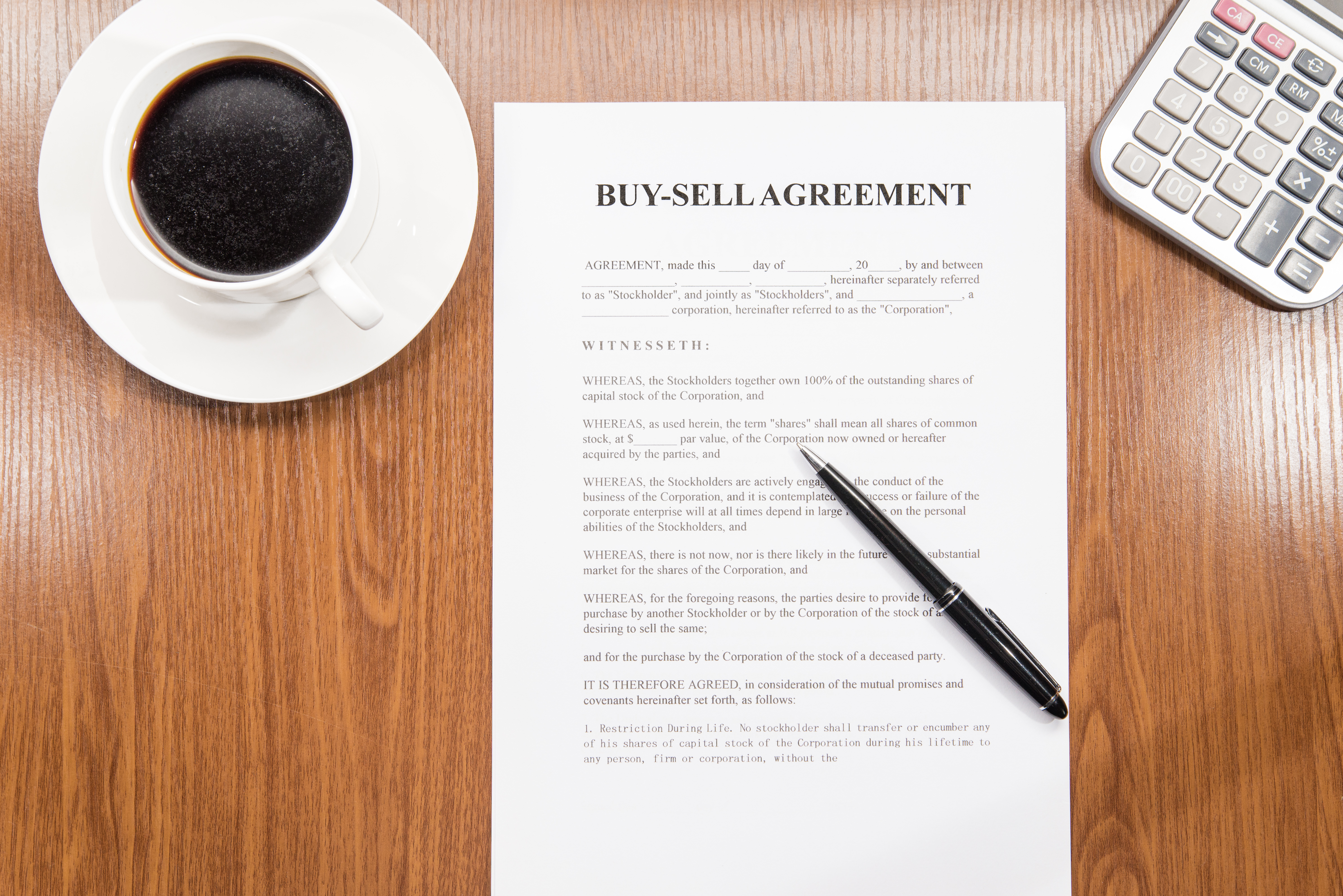It’s not difficult to evaluate your company’s profitability—it’s right there, in black and white, in the financial statements. This clarity is beneficial, because company profitability is arguably the single most critical area of business performance. As the saying goes, revenue is vanity but profits are reality. So when you one day want to exit, the more profitable your business, then likely the more valuable it will be at your exit.
But just because your company is profitable, does that mean it is exitable? Admittedly, I made up the word “exitable,” but for a good reason. An exitable company is one that is well prepared for the owner to exit and will fulfill the owner’s business and personal exit goals. Many companies are profitable but not exitable. If your company has any characteristics that limit its exitabilty, when you go to exit you will find the path more difficult than you expected, the company less valuable than you desired, or at worst your exit completely blocked. Moreover, if you only find out all these issues right when you want to exit, it will be too late to do anything about it.













